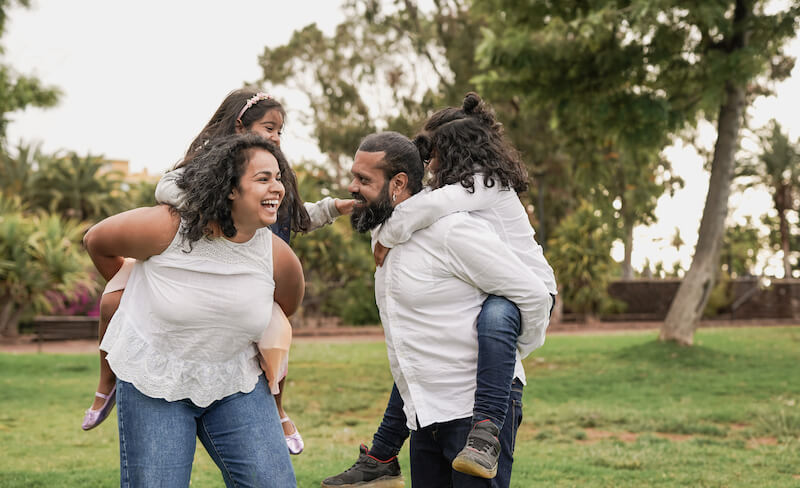Each day, media puts forth dozens of headlines about wars, threats and conflict. Curious, children listen to their parents who discuss these topics. Even if they seem like they’re playing, it doesn’t mean they are not listening to the adults talking. “Explaining war to children is an absolute necessity if we wish to reassure them” states Terry Pomerantz calmly. “We must always pay great attention to our children’s silences”.
Explaining war to our little ones
Our little ones will not bring up the topic of war on their own. They don’t really understand the notion of war very well. However, they can easily sense their parents’ anxiety, without knowing or understanding the cause.
It is important that parents reassure their children by explaining that firstly, they are worried about a war that is occurring far from here. The explanation should be short and simple, and your attitude warm and reassuring. Explain to your child that you are always available to listen, should the need arise. Make your child understand that they are not the cause of your worry.
Explaining war to children from 6 to 8 years of age
Before talking about war to a child between 6 and 8 years of age, it is preferable to wait for the questions to come directly from your child, unless you have noticed any change of behavior related to the topic. In that case, before bringing up the topic of war itself, make sure this is truly what causes them to be preoccupied.

Explaining war to children 8 years and over
A child over 8 years old must understand facts in order to be reassured. Contrary to what some people think, avoiding topics like war with a child of 8 years or more will stimulate their imagination and cause them to create their own hypotheses in order to find an explanation for something they don’t understand. It is human nature to imagine the worst, and your child is no different.
Explain war to your child in small increments. Ask questions to make sure that they understand what you have said and that they feel reassured. Make sure they understand that you are available to answer questions at any time. If you own a globe or a world map, then show them where the conflict is taking place and how far you are from it.
Action is an antidote
Whether for an adult or a child, action is often a way to soothe oneself and feel like there is a certain amount of control over a situation, even if it is occurring far away. So, you can suggest to your child writing messages of peace that can be posted at the window, organize a fundraiser at school or even get a petition signed by school friends and teachers, in order to support the victims of conflict. The funds can be then given to the UN agency for refugees and the petition presented to the county’s federal deputy. Support your child in their endeavours. This is an excellent way to promote self-confidence and social skills.
“By feeling useful, by seeing the support you are offering and by noticing how friends, neighbors and family are willing to participate, your child will feel safe, well supported and much less anxious”, concludes Terry Pomerantz.

Entrepreneur and prominent figure in Montreal's real estate and manufacturing sectors, Terry Pomerantz approaches every aspect of life with heart and character. At the helm of Domfoam and T.R.A.M.S Property Management, he carries on his late father's legacy while dedicating his philanthropic commitment to the Pomerantz Foundation, which has been actively supporting children's causes since 1991.


